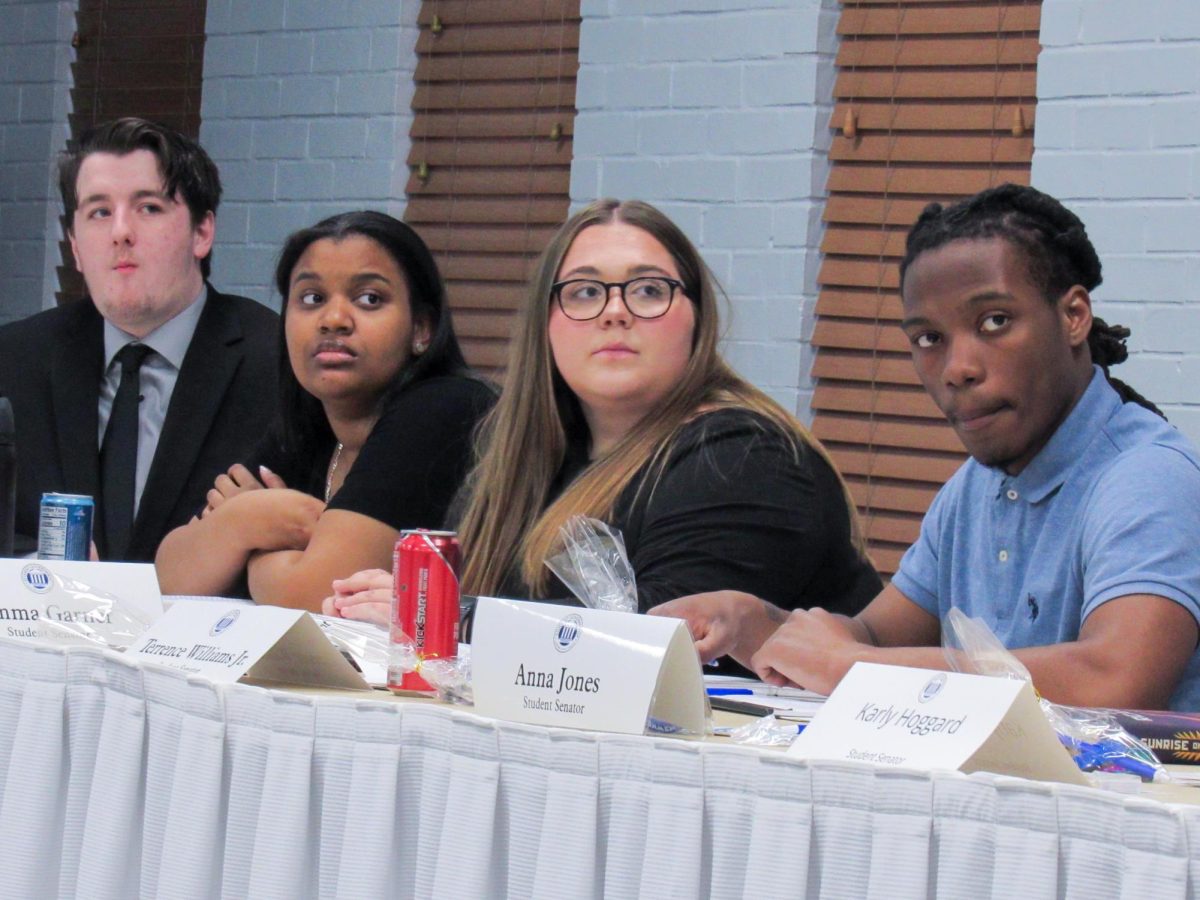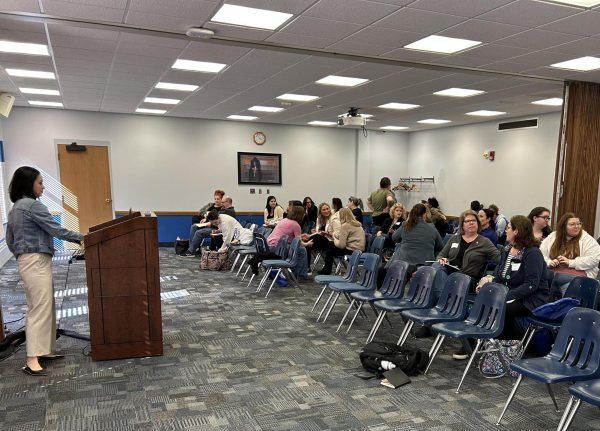Column: 7 billion reasons to act on climate change
The 7-billionth person was born yesterday. Or today, or Thursday, maybe. That’s 6 billion more people than there were 200 years ago when Thomas Malthus wrote “An Essay on the Principle of Population,” in which he predicted that the human population was close to reaching the planet’s carrying capacity. Malthus thought population growth would outpace food production and warned of the great waves of famine and disease that must necessarily follow.
The reason Malthus’ prophecy was premature, the reason we can welcome number 7 billion today, is because we figured out how to shape our environment. Of course, he could never have imagined the scientific advances that made 7 billion a possibility.
Scientific ingenuity beat back the possibility of worldwide famine, first with better farming practices and, more recently, with the development of genetically modified food. Through vaccines, we’ve even eradicated many of the diseases that plagued the world in Malthus’ day.
We now know the degree to which we are quite literally creating the conditions of the planet we live on. We are terraforming, playing God, deciding how much will be forest, how much desert, how much water, how much ice. We decide how hot or cold it will be, how acidic the oceans will be, the frequency of storms and droughts, what species should stay or go.
The evidence that climate change is affecting all of the above has been in front of us for quite some time, so choosing inaction is still a decision to change the planet.
I’m a big believer in the ability of human ingenuity to ward off a dire future. Time and time again, humanity faces some demon (usually one it created) that threatens its survival, rises to the occasion (usually the last possible occasion) and overcomes it. And doomsayers have never, ever been right. Obviously.
So I want to tell number 7 billion she’ll be OK, that we, and she, will figure it out in time. After all, we already have the technology to start reversing the warming trend, and I bet we’ll have the technology to be carbon neutral by the time she’s my age. But I’d be lying. Things are getting worse. The developing world wants electricity in its homes, cars in its garages and meat on its plates. That means a lot more carbon needs to pulled from the ground and poured into the air.
And the countries doing all the pouring are the ones least willing to do anything about it. The U.S. and China create half of the world’s carbon pollution. China refuses to make binding agreements on carbon-emission targets unless developed countries like the U.S. make much deeper cuts first.
In the U.S., half of the government and many citizens aren’t content to go on ignoring the problem like the rest of us. Instead, they scream and stomp, claiming the problem doesn’t even exist and that we should pollute more just to prove them right. They are winning the argument. Over the last 10 years, the percentage of people who believe the effects of global warming will never happen rose from 7 to 18, according to Gallup polls.
Meanwhile, droughts in Texas have devastated the state’s agricultural production and in Thailand, the world’s biggest exporter of rice, floods have ruined a quarter of the crop that is the most important staple food for much of the developing world.
Both of these weather patterns, floods in Southeast Asia and droughts in the southwestern U.S., are predicted to increase as a result of climate change, according to the Intergovernmental Panel on Climate Change.
It’s not our scientific ingenuity that will fail us, nor will a natural limit to food production, like Malthus predicted. It may well be the limits of our will to change that dooms us in the end.
I’m tempted to finish every column with, “But none of this matters, because climate change is the real problem and we aren’t doing anything about it.”
I think number 7 billion would want us to say, “All of this matters, so let’s do something about climate change.”
Dave Balson is a senior journalism major.
He can be reached at 581-7942 or DENopinions@gmail.com.











![[Thumbnail Edition] Junior right-handed Pitcher Lukas Touma catches at the game against Bradley University Tuesday](https://www.dailyeasternnews.com/wp-content/uploads/2025/03/MBSN_14_O-e1743293284377-1200x670.jpg)

![[Thumbnail Edition] Eastern Illinois University baseball senior utility player Tyler Castro fields a ground ball during the team's first intrasquad scrimmage of the season on Jan. 31.](https://www.dailyeasternnews.com/wp-content/uploads/2025/03/BB_01_O-e1742874760130-1-e1742907504722-1200x911.jpg)
![[Thumbnail Edition] Senior Foward Macy McGlone, getsw the ball and gets the point during the first half of the game aginst Western Illinois University,, Eastern Illinois University Lost to Western Illinois University Thursday March 6 20205, 78-75 EIU lost making it the end of their season](https://www.dailyeasternnews.com/wp-content/uploads/2025/03/WBB_OVC_03_O-1-e1743361637111-1200x614.jpg)





































![The Weeklings lead guitarist John Merjave [Left] and guitarist Bob Burger [Right] perform "I Am the Walrus" at The Weeklings Beatles Bash concert in the Dvorak Concert Hall on Saturday.](https://www.dailyeasternnews.com/wp-content/uploads/2025/03/WL_01_O-1200x900.jpg)
![The team listens as its captain Patience Cox [Number 25] lectures to them about what's appropriate to talk about through practice during "The Wolves" on Thursday, March 6, in the Black Box Theatre in the Doudna Fine Arts Center in Charleston, Ill.](https://www.dailyeasternnews.com/wp-content/uploads/2025/03/WolvesPre-12-1200x800.jpg)



















